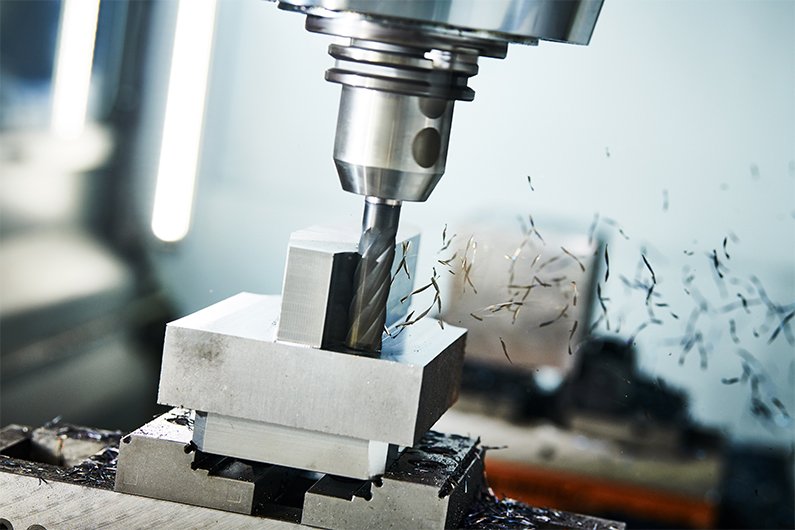Introduction:
In the world of precision manufacturing, finding innovative solutions that meet the ever-increasing demand for lightweight, high-performance, and cost-effective products is crucial. Magnesium die casting has emerged as a game-changing technique that offers numerous advantages over traditional manufacturing methods. This article explores the benefits and applications of magnesium die casting and highlights why it is considered a revolutionary solution for precision manufacturing.
Unveiling the Advantages:
1. Lightweight and High Strength: Magnesium is the lightest structural metal available, with a density of about 1.7g/cm³, making it 75% lighter than steel and 33% lighter than aluminum. Despite its lightweight nature, magnesium alloys possess exceptional strength-to-weight ratios, offering excellent structural integrity and durability.
2. Excellent Thermal Conductivity: Magnesium possesses superior thermal conductivity compared to other metals used in die casting, such as aluminum and zinc. This property enables magnesium die-cast components to dissipate heat quickly, making them ideal for applications where temperature management is critical, such as automobile engines and electronic devices.
3. Enhanced Dimensional Accuracy: Magnesium die casting ensures high precision and dimensional accuracy, thanks to the ability of the mold to replicate intricate details. The casting process allows for the production of complex geometries with tight tolerances, enabling the creation of intricate and precise components that are difficult to achieve using alternative manufacturing techniques.
4. Cost-Effective Production: The low density of magnesium reduces material costs, making it an economically viable choice for manufacturing lightweight products. Additionally, the high fluidity of molten magnesium allows for faster filling of complex molds, reducing production cycle times and costs. Moreover, magnesium die casting reduces post-processing requirements, such as machining and assembly, further enhancing cost-effectiveness.
Applications of Magnesium Die Casting:
1. Automotive Industry: The automotive industry has widely embraced magnesium die casting due to its lightweight and high-strength properties. Magnesium components, such as transmission cases, steering wheels, engine blocks, and suspension parts, contribute to reducing vehicle weight, improving fuel efficiency, and enhancing overall performance.
2. Aerospace and Defense: In the aerospace and defense sectors, where weight reduction is crucial for efficient operation, magnesium die casting finds significant application. Components such as aircraft and missile parts, engine components, and structural elements benefit from the combination of lightweight and high-strength properties offered by magnesium alloys.
3. Electronics and Communication: Magnesium die casting is increasingly being used in the electronics and communication industries. The exceptional thermal conductivity of magnesium alloys ensures efficient heat dissipation, making them suitable for electronic devices, such as laptops, smartphones, and tablets, where temperature management is critical for performance and longevity.
4. Medical Equipment: Magnesium die casting is gaining traction in the medical equipment industry due to its lightweight nature, biocompatibility, and resistance to corrosion. It finds applications in manufacturing surgical instruments, medical implants, and diagnostic devices, offering enhanced functionality and patient comfort.

Conclusion:
Magnesium die casting has emerged as an innovative solution for precision manufacturing, offering numerous advantages such as lightweight, high strength, excellent thermal conductivity, and enhanced dimensional accuracy. It finds application across various industries, including automotive, aerospace, electronics, and medical equipment. As demand for lightweight, high-performance, and cost-effective products continues to rise, magnesium die casting is set to play a pivotal role in shaping the future of precision manufacturing.
-

- OEM die-casting components & parts
-

- Magnesium alloy die-casting Auto parts Side step Running board
-

- Customized foundry products high precision die-casting parts for e-bike integrated frame
-

- CNC machined parts Steering bracket
-

- Magnesium foundry parts Steering column
-

- Magnesium alloy thixomolding die-casting UAV parts

 0086-750-5616188
0086-750-5616188 +86 13392089688
+86 13392089688 sales@zhongmei-tech.com
sales@zhongmei-tech.com







